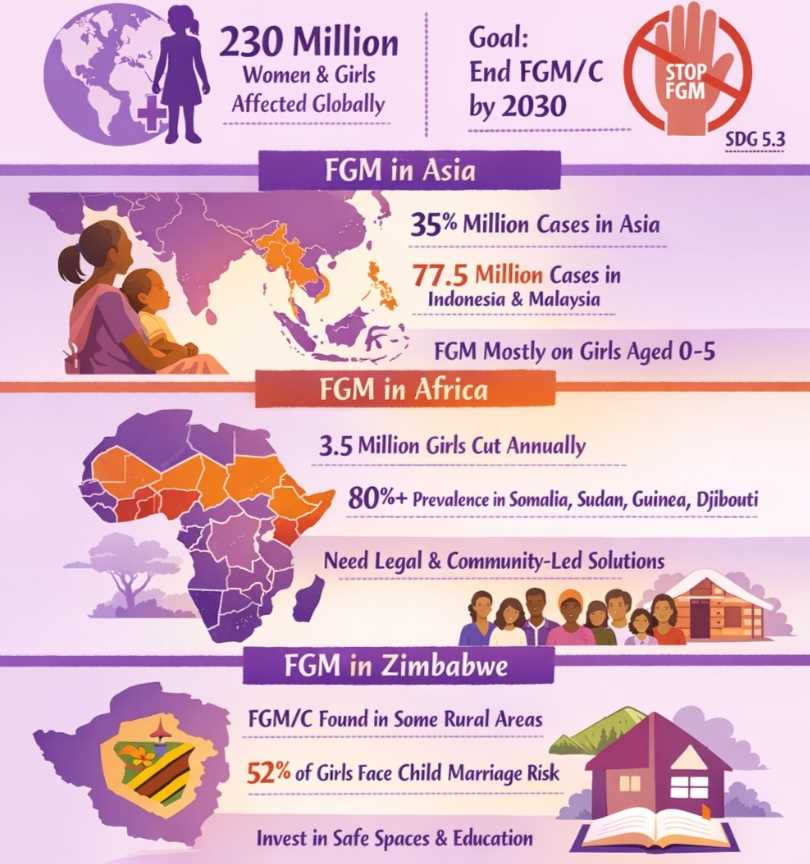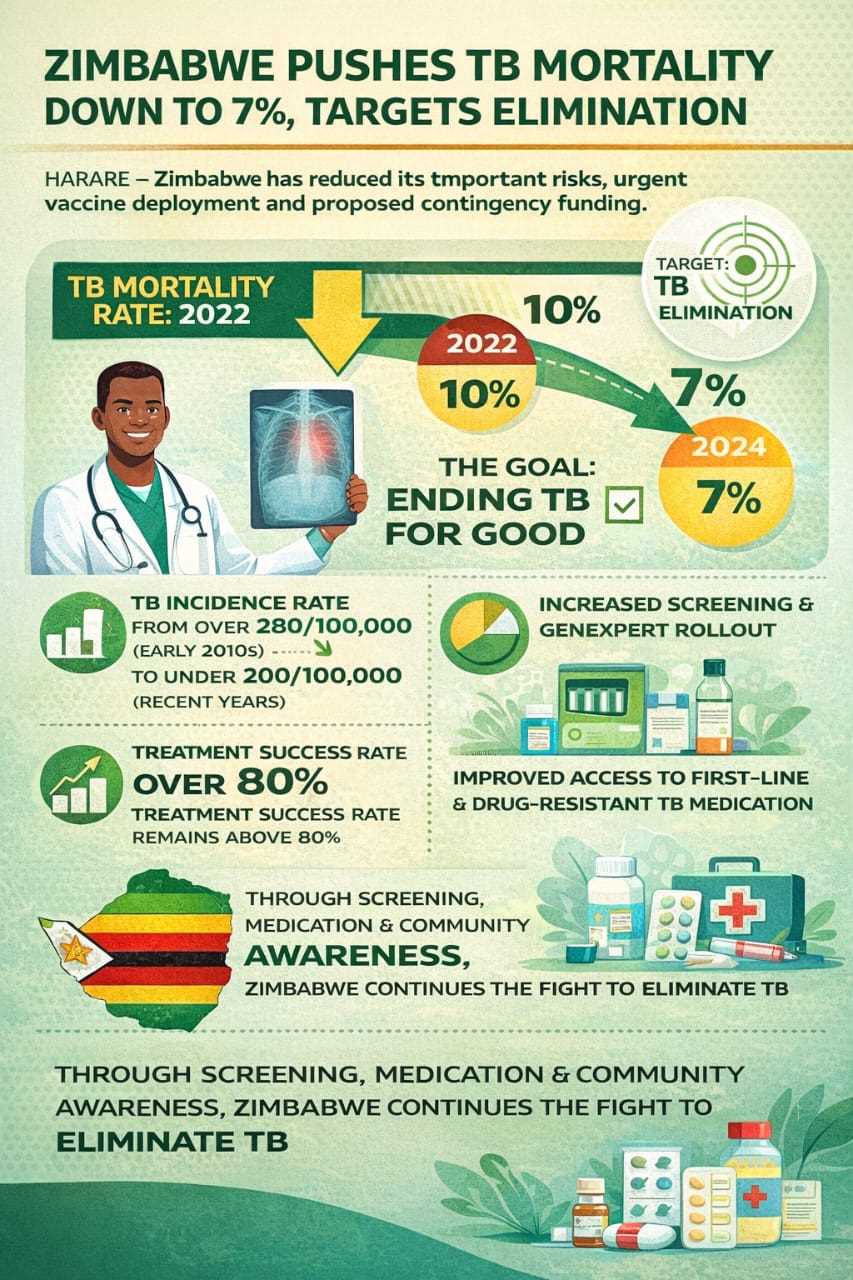
The High Court delivered a landmark ruling declaring parts of Zimbabwe’s Termination of Pregnancy Act unconstitutional, finding its exclusion of mental health as grounds for a lawful abortion discriminates against vulnerable women.
In a 25-page judgment handed down on November 11, Justice Slyvia Chirawu-Mugomba ruled that key provisions violate the fundamental rights of mentally ill women, including victims of sexual abuse in mental health institutions.
The declaration of invalidity has been suspended and referred to the Constitutional Court for confirmation, as required by law.
The application was brought by the Community Working Group on Health and Member of Parliament Nyasha Batisa, represented by rights lawyer Tendai Biti. They challenged the law, arguing it unconstitutionally discriminates against women with mental health challenges by permitting terminations only under narrow physical-health exceptions.
Justice Chirawu-Mugomba found that section 4(a) of the Act—which governs the circumstances for a lawful termination—unjustifiably limits key rights to dignity (s 51), equality (s 56), and health (s 76).
The judge ruled that "s 4(a)... to the extent that it excludes mental health, does not meet the standards enunciated in the constitution."
She added: “It is clear that women with mental health challenges are treated differently when it comes to the permissible health-related grounds for termination.”
Related Stories
The court rejected the Health Minister’s argument that mental health risks were already "implicitly" covered under "life-threatening" physical conditions. Justice Chirawu-Mugomba held this interpretation was "not explicit" and left vulnerable women without clear legal protection, emphasising that mental health is integral to overall health.
'Unlawful Intercourse' Definition Struck Down
The court also declared the definition of “unlawful intercourse” in section 2(1) of the Act unconstitutional.
The judge highlighted a critical inconsistency with the Mental Health Act. While section 106 of the Mental Health Act criminalises sexual intercourse with a mental health patient, the Termination of Pregnancy Act fails to include this act in its definition of "unlawful intercourse."
This omission, the judge found, illegally denies women in such circumstances access to safe abortion services and violates their right to life (s 48) and reproductive health.
“The inconsistency between these legislative frameworks undermines the principle of equality before the law,” Justice Chirawu-Mugomba wrote.
While acknowledging Parliament's primary role in law-making, the judge stated that “Judicial intervention is necessary to uphold constitutional rights... or develop the law in line with evolving social values.”
The court considered "reading in" new provisions to fix the omissions but declined to do so, noting the applicants had not framed their requested relief with sufficient precision.
The judge ordered that the declarations of constitutional invalidity for both sections be suspended until the Constitutional Court has confirmed the ruling. No order as to costs was made.




















Leave Comments